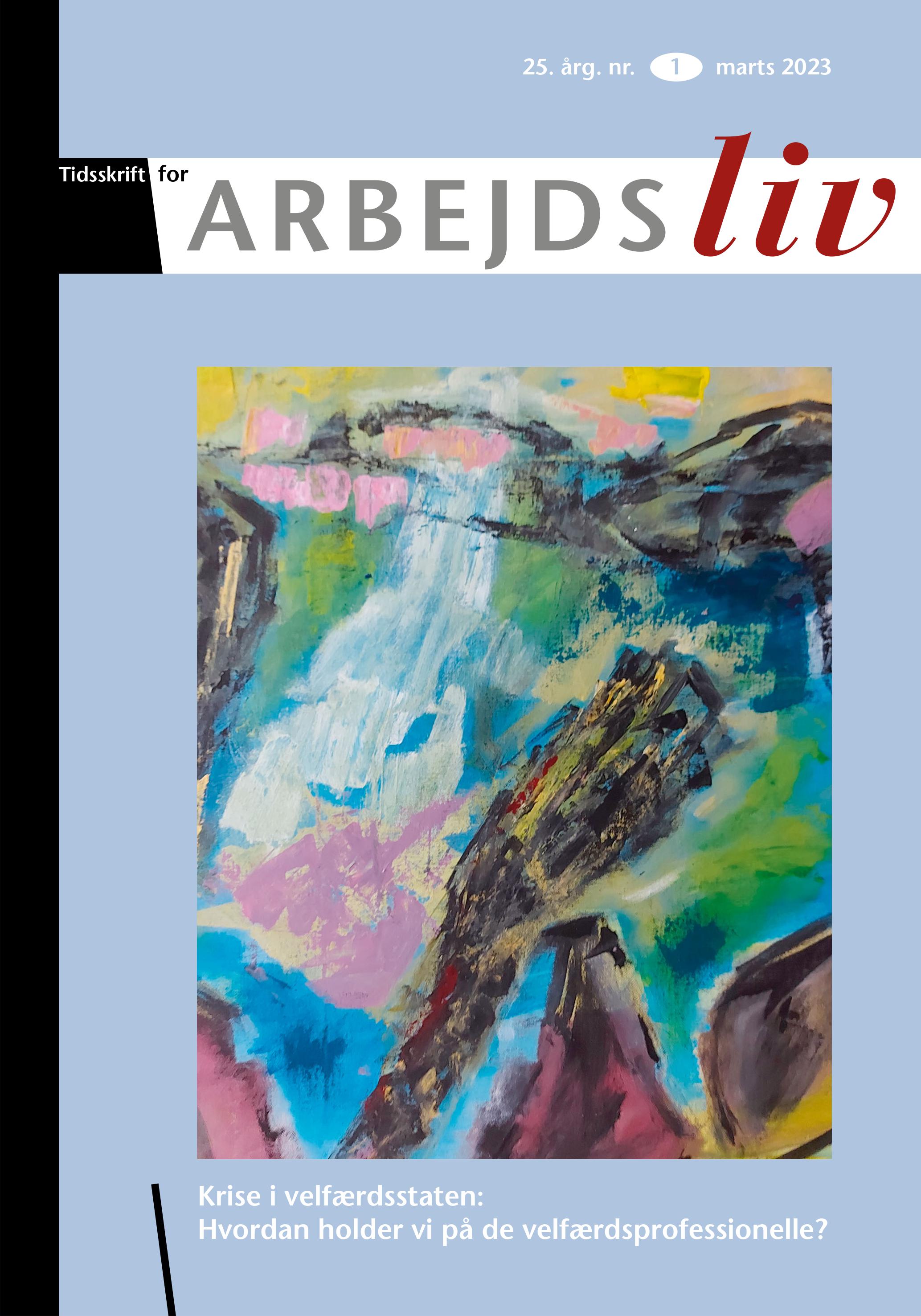The master’s views on his role in vocational training:
What is important in order for the student to be able to live a valued life with her/ his education?
Keywords:
Mestre, Erhvervsuddannelse, Karrierevejledning, Mesterlære, Oplæring, Kritisk psykologiAbstract
Vocational Training and Education (VET) attract a lot of attention, not least regarding recruitment and the educational quality. Although practical experience in companies is a central part of VET-programs and the trainers play an important part in the education of the students, the amount of research-based knowledge of the masters’ understanding of their role in the training of students is limited. Based on an explorative study, this article explores masters’ understanding of their role in vocational training and what they find important when supporting the student’s process towards living the life with her/his education that she desires. Starting from four qualitative interviews with masters in the field of food production and with a critical psychological grounding, three central themes for the masters’ understanding of their role are identified, “To earn your pay”, “To be formed and to come into your own”, and “To progress to something you want – and be able to create a good everyday life with your job”. The themes show that the masters are occupied with supporting the students’ process of developing an awareness of possibilities and a generalized human agency in a life with their trade.
Downloads
Published
How to Cite
Issue
Section
License
Copyright (c) 2023 Forfatteren og tidsskriftet i samarbejde

This work is licensed under a Creative Commons Attribution-NonCommercial 4.0 International License.
Forfattere, der publicerer deres værker via dette tidsskrift, accepterer følgende vilkår:
- Forfattere bevarer deres ophavsret og giver tidsskriftet ret til første publicering, samtidigt med at værket ét år efter publiceringen er omfattet af en Creative Commons Attribution-licens, der giver andre ret til at dele værket med en anerkendelse af værkets forfatter og første publicering i nærværende tidsskrift.
- Forfattere kan indgå flere separate kontraktlige aftaler om ikke-eksklusiv distribution af tidsskriftets publicerede version af værket (f.eks. sende det til et institutionslager eller udgive det i en bog), med en anerkendelse af værkets første publicering i nærværende tidsskrift.
- Forfattere har ret til og opfordres til at publicere deres værker online (f.eks. i institutionslagre eller på deres websted) forud for og under manuskriptprocessen, da dette kan føre til produktive udvekslinger, samt tidligere og større citater fra publicerede værker (se The Effect of Open Access).





